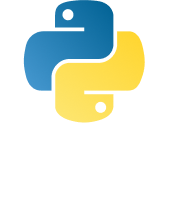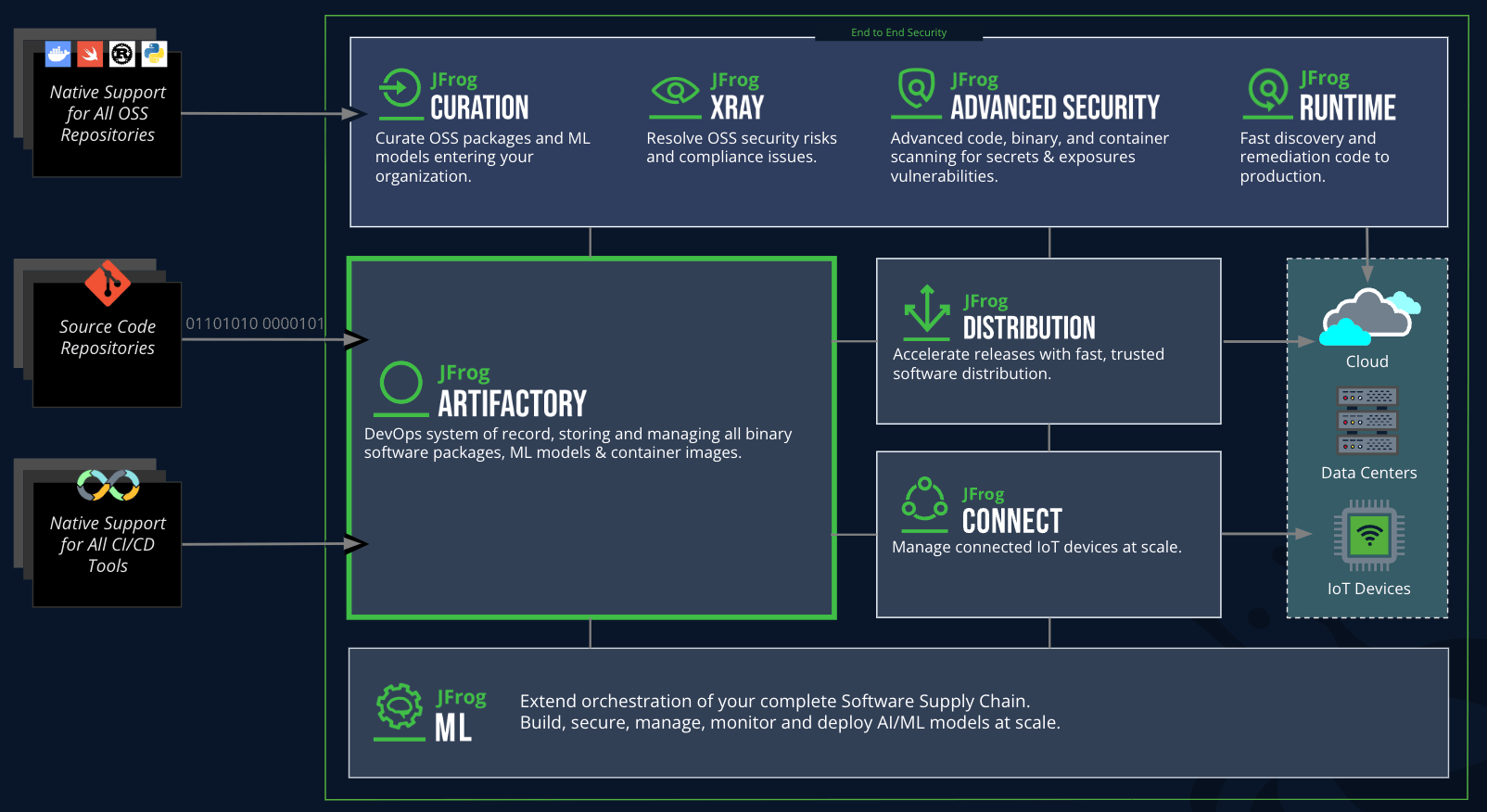

PyPI (Python Package Index) is the official repository for Python packages. It hosts thousands of libraries and tools for Python developers. JFrog Artifactory can act as a PyPI repository, allowing organizations to host both public and private Python packages securely. By integrating PyPI with JFrog Artifactory, you can manage package versions, control access, and set up a centralized repository for internal and external Python packages.
To configure Python to use JFrog Artifactory as a PyPI repository, follow these steps:
Set the repository URL in your pip configuration:
pip config set global.index-url
Replace with the URL of your PyPI repository in Artifactory.
Alternatively, you can add the following to your ~/.pip/pip.conf or ~/.config/pip/pip.conf:
[global]
index-url =
This ensures that all pip install commands fetch packages from your JFrog Artifactory instance.
To upload a Python package to JFrog Artifactory:
Make sure your Python package is properly structured, including a setup.py file.
Build the distribution files using:
python setup.py sdist bdist_wheel
This will create .tar.gz and .whl files in the dist/ directory.
Upload the files to your Artifactory PyPI repository:
twine upload –repository-url dist/*
You may need to provide your Artifactory credentials or configure them via a .pypirc file.
Private Python Package Hosting: Securely store private Python packages alongside public ones in a centralized repository.
Dependency and Version Management: Ensure consistent dependency resolution by controlling which versions of packages are used in your projects.
Security and Access Control: Manage user access with Artifactory’s robust permissions, ensuring that only authorized users can upload or download packages.
Caching of Public PyPI: Artifactory can proxy PyPI, caching public packages locally to speed up builds and provide reliability in case of external service outages.
Verify that the PyPI repository URL is correctly configured in your pip settings or .pypirc file.
Ensure your network allows access to Artifactory and that you’ve provided the correct credentials for uploading or downloading packages.
Check Artifactory logs for any errors, such as permission issues or misconfigured repository settings.
Ensure that your Python package is correctly built and contains all the necessary files before uploading.
If issues persist, reach out to JFrog for further assistance.